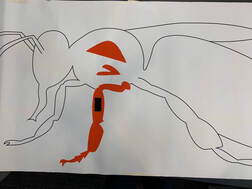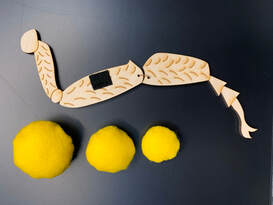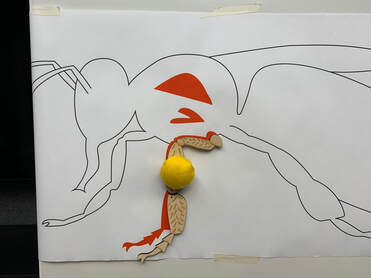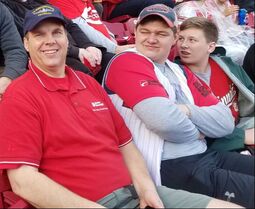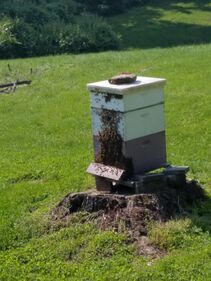For the final group project, my group elected to create a non-profit organization aimed at sustaining and supporting the natural biodiversity of the Earth. Our Diverse Earth or "ODE" was a non-profit with the mission of supporting biodiversity efforts from small scale grass roots behaviors all the way to full scale agricultural practices. The main focus of the organization centers on the principles of educating, enabling, and promoting biodiversity efforts. This was to be accomplished through outreach programs in communities, the selling of biodiversity products such as bee kits and seed packets, and consultation with farmers to promote poly- over mono- agriculture.
Overall, the project really helped emphasis the vast scale of the wicked problem regarding bees. Our groups project focused on one aspect, Agriculture, and still had a scale ranging from the individual to the commercial farm. Being able to narrow on one aspect of the problem, maintaining a full appreciation of the scope, and understanding our limitations was important to our success. The largest limitation our project faced surrounded fundraising. Having individuals buy into the mission and enticing farmers to make changes are the biggest limitations. A strength of the project was the emphasis on collaboration. ODE aims not to be the policy maker or change bringer, but rather educate and enable individuals to take action. The scale of those actions is vast, but ODE attempts to make it easy for everyone to do something.
Finally, the project and the class left me with an appreciation for the value of working withing a diverse team. Different skills and backgrounds helped to produce the most well rounded project and ensure high levels of craftsmanship on all areas of the project. A link to the final project website is attached as an artifact.
Overall, the project really helped emphasis the vast scale of the wicked problem regarding bees. Our groups project focused on one aspect, Agriculture, and still had a scale ranging from the individual to the commercial farm. Being able to narrow on one aspect of the problem, maintaining a full appreciation of the scope, and understanding our limitations was important to our success. The largest limitation our project faced surrounded fundraising. Having individuals buy into the mission and enticing farmers to make changes are the biggest limitations. A strength of the project was the emphasis on collaboration. ODE aims not to be the policy maker or change bringer, but rather educate and enable individuals to take action. The scale of those actions is vast, but ODE attempts to make it easy for everyone to do something.
Finally, the project and the class left me with an appreciation for the value of working withing a diverse team. Different skills and backgrounds helped to produce the most well rounded project and ensure high levels of craftsmanship on all areas of the project. A link to the final project website is attached as an artifact.

